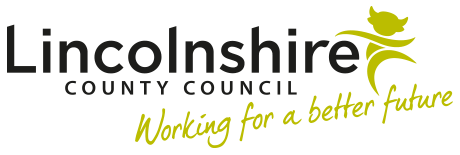Building relationships and influencing others
Why is this important?
We aim to have a workforce that builds good relationships, partnerships and networks to improve productivity, effectiveness and build trust. The ability to positively influence others to create acceptance, support and co-operation involves:
- identifying key relationships
- understanding how to engage with others
- building mutually beneficial partnerships
To achieve this at your level in the organisation you will need to demonstrate the following values and behaviours:
- adapts communication style and approach to ensure their message is understood by different audiences
- builds positive and reciprocal relationships that build trust and respect, both internally and externally, for the benefit of the Council
- accepts full responsibility for self and contribution as a team member; displays openness, honesty and integrity
- works with others to achieve common goals by sharing information and valuing the expertise and experience of others
In addition for managers:
- is aware of own impact and uses power and position positively
- negotiates with and influences external partners, stakeholders focussing on win-win solutions
- influences and changes opinions of relevant stakeholders such as colleagues, members, partners and customers; they are persuasive, convincing and able to negotiate for a win-win outcome
- leads with integrity and role models a positive attitude
Low
This could include:
- does not communicate effectively resulting in misunderstanding and confusion
- fails to treat others in a fair and consistent way; refuses to take responsibility for own actions
- not prepared to compromise when needed
- puts own agenda first and expects others to manoeuvre around them
In addition for managers:
- abuses position and power to undermine others when influencing
- fails to overcome relationship difficulties that could impact outcomes, avoids conflict and creates barriers to solutions
- shows little interest in listening to others’ ideas; has difficulty respecting ideas different to own; tends to reach conclusions before listening to all views
Expected
This could include:
- clarifies important messages and issues using appropriate language; listens and clarifies to check understanding
- treats others fairly and equitably; accepts responsibility for own action, regardless of outcome
- looks for compromises and win-win situations
- engages with others to understand needs, aspirations and priorities
In addition for managers:
- is aware of own impact and uses own power and position positively
- addresses relationship issues through open and candid discussion and positive intent
- listens to and carefully considers others’ ideas even when different to own; ensures all sides are heard before reaching a conclusion
High
This could include:
- consistently uses appropriate language and is able to express opinion clearly
- consistently treats others with respect and dignity; openly accepts responsibility for setbacks and adjusts own actions for the future
- prepared to lose face when necessary; accepts when another argument is more compelling and beneficial to the organisation
- negotiates to balance individual competing priorities
In addition for managers:
- demonstrates effective use of power and recognises when power plays are happening and successfully diffuses them
- always addresses relationship issues to achieve a positive outcome: seeks a win-win
- actively encourages ideas from a wide variety of individuals; lets others know they are heard and valued; ensures all views are heard and considered
